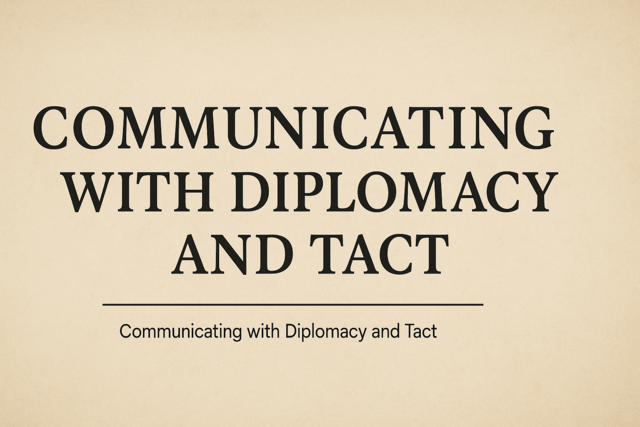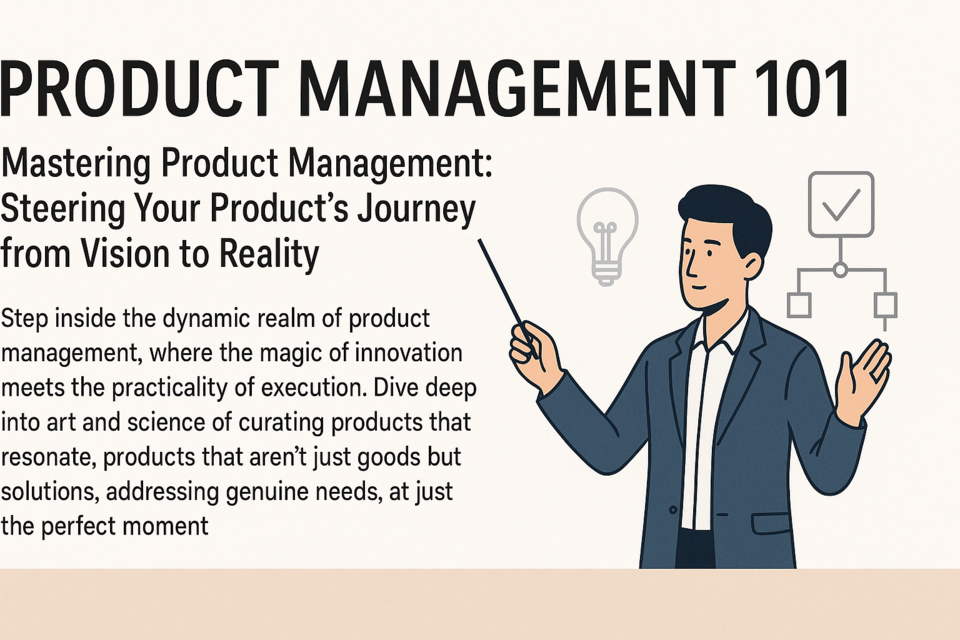The art of persuasion has been studied for countless years by people all over the world with the intention of using it in both positive and negative ways. In fact, chances are excellent that you have purchased items, supported causes, voted for politicians, and more because you had fallen prey to someone else's mastery of persuasion. However, by learning about this topic, you can help protect yourself against manipulation as well as learn important tools that can help you in your business and professional life.
In talking about persuasion, it is important to understand what, exactly, persuasion includes. In its simplest terms, persuasion is the influence on someone's beliefs, intentions, behaviors, attitudes, motivations, and more. Words that have similar meanings and may be related to persuasion can include manipulation, propaganda, advertisement, marketing, and so on. Persuasion is usually considered an inherent aspect of human nature, particularly as it can be seen in the activities of even small children. Persuasion is an extremely important aspect of the political process, sales and business, interpersonal relationships, social structures such as organized religions, military, and more. While most persuasion is built on aspects of psychology, sociology, and (above all) social psychology, there is also a neurobiological side to persuasion. Our individual likelihood of being susceptible to persuasion can depend very largely on our existing social networks, the way that we were raised, and our participation in social groups.
There are countless methods of persuasion and numerous ethical considerations when determining the correct time, place, purpose, and style for persuasion. Ethics is a branch of philosophy that evaluates and systematically ranks the concepts of right and wrong. Similar to the idea of morals, ethics help determine how an individual or group should act. Although there are several different aspects of the study of ethics, all are committed to determining whether a particular action may be considered right or wrong and under what circumstances the final decision may change. Ethical considerations must be made in virtually every decision of life from what you teach your children to believe to how you do your job. In fact, colleges and universities throughout the world teach ethics relating to virtually every field of study or profession simply because ethical questions are so pervasive throughout our lives.
It is easy to understand, therefore, the reason that ethics are so important to the topic of persuasion. Persuasion can range from something as simple as reminding your child that they can have dessert if they finish their dinner, all the way to a cult leader convincing someone to kill themselves or another. Some people are naturally gifted in persuasion while others seem to lack totally any ability to manipulate another person. Although the importance of honesty can never be overstated and is indeed a value that virtually everyone would agree is important, persuasion does not have to be unethical or immoral; in fact, using persuasive techniques is often amoral or can even be positive and important. Consider the following situations.
- You are in a work meeting where someone suggests to your boss that you could sell an inferior product for the same amount of money. Would it be immoral for you to persuade your boss not to make this change? Most people would argue that the ethical thing to do would be to convince your boss not to make this change (although it may not be the best business decision for you to do so). If the company is struggling financially and the changes to the product are not harmful, is it then still unethical to say silent? If the inferior product poses virtually no risk of harm to people purchasing the item and the company will go bankrupt if they do not make this change, is it then still ethical to convince your boss not to do it, or is it more ethical to try to persuade your boss to make the changes to save the company?
- You are a politician, running for the U.S. House of Representatives. You are challenging the incumbent for your area and going door to door in certain neighborhoods where your support is particularly low. You truly and deeply believe that you will be a better representative for the area than your opponent. However, the neighborhoods where you are currently visiting are more likely not to agree with you about a particular topic. When visiting those households, do you try to persuade them by talking about only the issues that you think they will agree with you on? If someone asks you about the topic, do you give him or her the runaround rather than explicitly answer his or her question? Do you tell them only what they want to hear? Do your answers to any of these questions change if you believe that other people in your area will suffer if the incumbent stays in office?
- You are an attorney; specifically, you are working as a prosecutor in a murder trial. You discover that the person you are prosecuting is innocent, but your supervisor knows that you can win the case and wants you to continue the prosecution. Should you convince your boss not to prosecute? Let us say that your boss refuses to cease the prosecution. Do you work as hard as you normally would to convict that defendant? What if you find out that although the defendant did not commit that murder, he had committed several others, now is it still okay to prosecute him? What if this is the case and you find out that the person who did commit this murder has died and cannot hurt anyone else; do you do your best to persuade the jury that the defendant is guilty?
The political arena is one of the most obvious places to see the use of persuasive techniques. In the political process, there i's a lot of persuasion going on and it does not all work from the politician to the public. In fact, politics related persuasion could occur from politicians to the public, from the public to politicians, from special interest groups to the public or politicians, from politicians or the public to special interest groups, within different agencies of the government, between political parties, the public, politicians, and so on. When people use the phrase "everything is political," what they are actually meaning to say is that the elements of persuasion and power are inherent in every aspect of life.
The type of political persuasion people are most familiar with is campaign persuasion. Although we typically think of a campaign occurring within the several months leading up to an election, politicians are actually campaigning all 365 days of every year right up until retirement from politics or death. Although their campaign is operating on a smaller scale during some time (such as when they have just been elected), elected officials are constantly communicating with the public with the goal of being reelected (although they may have other goals as well). If you imagine the last presidential election that you can remember, you will likely recall seeing numerous television commercials as well as hearing ads on the radio and seeing them in newspapers and online. Depending on your geographic area, elections for local government, state government, the U.S. House of Representatives, and the Senate may have just as many commercials and similar persuasive entities.
However, advertisements and commercials are not the only form of persuasion used in campaigning. From the White House Press Secretary down to your local newspaper's Editor-in-Chief, politicians work to develop a network of supporters and endorsers, along with hiring individuals and marketing firms, all with the goal of convincing the general public that they are doing an excellent job as their elected official. In fact, people on different sides of politics often make allegations regarding a "media bias" in general or of specific entities (for example, MSNBC is often accused as having a liberal bias, while Fox News is accused of having a conservative bias). Either way, it is relatively common knowledge that there are many individuals, businesses, and news outlets that have biases when it comes to politics, and they use that bias to persuade the general public to believe in or to support a particular political party, politician, or simply one side of an issue. Politicians also participate in community events and fulfill certain non-political roles that are also used to persuade you that they are a good person, that they share the same values you have, and that you should vote for them.
While the vast majority of things a politician does, even outside of an election cycle, are designed to get the public to vote for them in the next election, there are some times when politicians will use persuasive tactics for other purposes. Primarily, when politicians work to persuade the public even when they are unconcerned with reelection, it is to secure your vote or support for a particular issue or political party. Even a second-term president receives pressure from their political party to make certain decisions or promote certain beliefs so that special interest groups, the general public, and other entities with power will still support that political party. Moreover, some politicians are also truly committed to certain causes and what they believe is best for the country and they will continue to use persuasive tactics on those that they can influence, even outside of their own career.
Special interest groups are organizations or groups that are created and maintained for specific purposes or causes that may have a role in the political process. Many of these special interest groups are nonprofit organizations that work to persuade the public and politicians to support their issue(s). Typically, a special interest group is formed when a certain member or members of the citizenry are committed to a specific cause such as Second Amendment rights or fossil fuel concerns.These groups then raise money and awareness for their cause as well as leveraging any political power to further the advancement of their agenda. The most powerful special interest groups typically have a very large budget and are able to use mass media (such as TV and Internet ads) to influence the public who, in turn, are urged to influence their politicians. These special interest groups also directly influence politicians, particularly those that are members of the legislative branch.
Although members of the general public typically think of political persuasion as being between politicians, special interest groups, and the public, it is also important to understand that within the government there is much persuasion being used. Using the example of the federal government, the executive branch (consisting of the President and his administration) and the legislative branch (consisting of the U.S. House of Representatives and Senate) are continuously working to convince each other to pursue certain agendas, vote for or against certain bills, and so forth.Typically speaking, the most commonly used persuasive methods in this relationship include threats, promises of reciprocity, and similar actions. In fact, every politician you can think of is almost constantly considering how to persuade you, their fellow politicians, and special interest groups all at the same time.
It is extremely important not to forget that you, as a member of the general public, also have some power to persuade political entities yourself. The most obvious of your political persuasion tactics is your vote or, more accurately, the threat of how you will use your vote. If you find yourself disagreeing with a politician regarding a decision they make or their stance on a subject, you have the ability to let them know using any of a variety of techniques, such as a phone call, letter, or e-mail. If you have never contacted one of your political representatives, you may be surprised to discover that they will likely read your message and may respond to your issues and concerns. The higher up the food chain (so to speak) that you go, the harder it may be to get a direct response from a politician, but you are still likely to receive a message from someone on his or her staff. Although you may not feel that your individual voice makes a difference, since politicians are elected, a strong enough response to one of their decisions can make a tremendous difference.
You can also use your money, your power, and your influence as other tools of persuasion in the political arena. In fact, if you own a business, have a position of power within your religion or community, or participate in a special interest group, you can wield significant power in persuading politicians and others to support your causes and your preferred candidate.






























